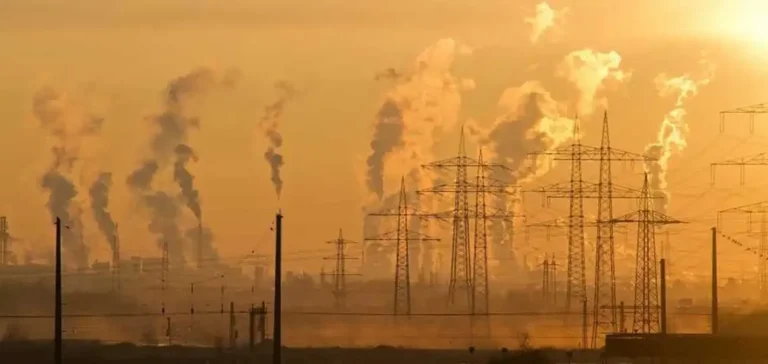The Department of Energy (DOE) has published an assessment report on the impact of greenhouse gas (GHG) emissions on the US climate, led by a working group of five independent scientists with recognised backgrounds in physical science, economics, and academic research. This study is based on an extensive review of scientific literature and institutional data. It concludes that the economic consequences of warming linked to carbon dioxide (CO2) are less significant than suggested by conventional climate communication.
A critical analysis of climate policy
The report highlights that mitigation policies, particularly those focused on the rapid reduction of emissions, risk causing significant costs without measurable immediate effect on the global climate. According to the DOE team, US initiatives would produce direct impacts that are barely detectable at a global scale, due to the worldwide nature of the phenomenon and the delays needed to observe such effects. The authors specify that the economic and social benefits derived from current energy systems remain a central factor in growth over the past two centuries.
Profiles of the experts involved
Contributors include John Christy, Professor at the University of Alabama in Huntsville, and Judith Curry, Professor Emerita at the Georgia Institute of Technology. Steven Koonin, former Under Secretary for Science at the DOE, Ross McKitrick, Professor of Environmental Economics at the University of Guelph, and Roy Spencer, Principal Research Scientist at the University of Alabama, also participated in the drafting. All have careers marked by major publications, institutional responsibilities, and numerous presentations before US and international legislative bodies.
Public consultation and political stakes
The report was released as part of a proposed rule by the Environmental Protection Agency (EPA) to repeal the 2009 Endangerment Finding, a key measure in the federal GHG regulatory framework. A public consultation period has been opened to gather feedback from the sector, scientists, and civil society on the results of this assessment and its potential implications. This approach reflects a stated intention to favour innovation and industrial competitiveness, moving away from measures considered ineffective or premature.
The expected contributions on this report could influence the regulatory trajectory of the US energy sector. “If we encourage innovation instead of hindering it, the United States can provide more energy and support economic growth,” said Secretary of Energy Chris Wright at the report’s release.






















